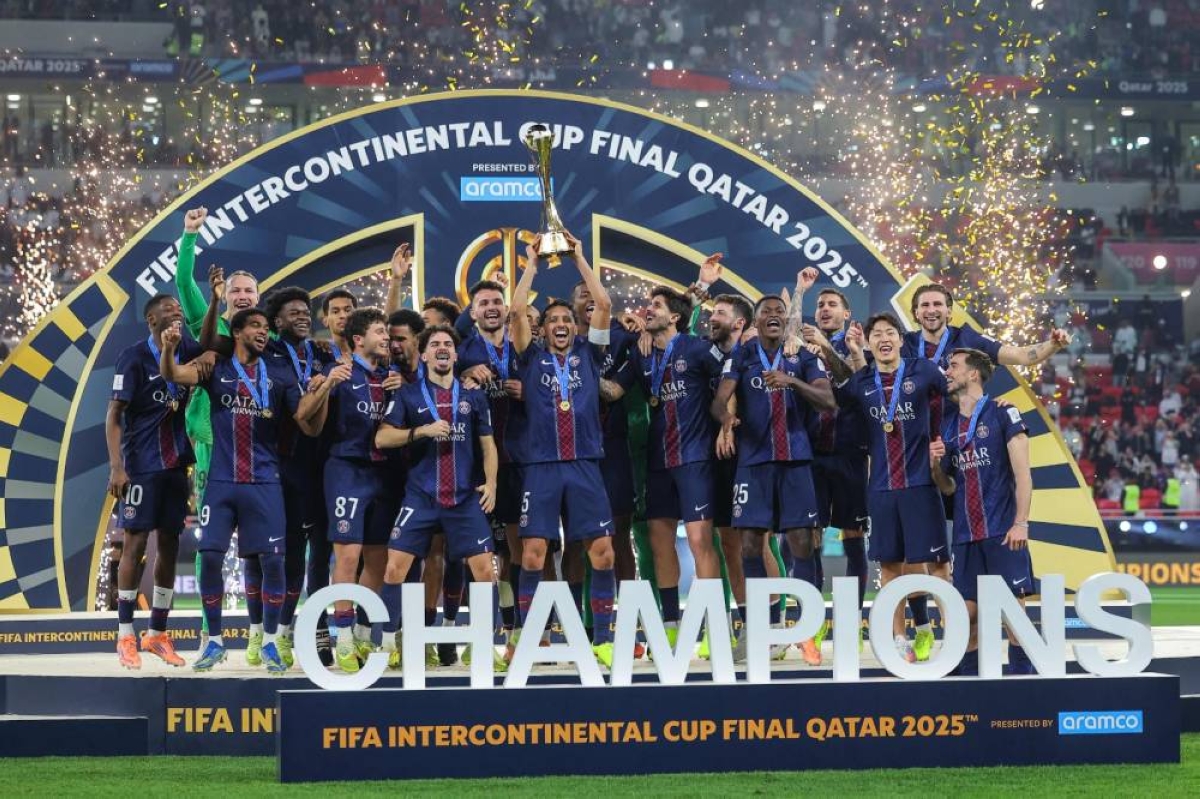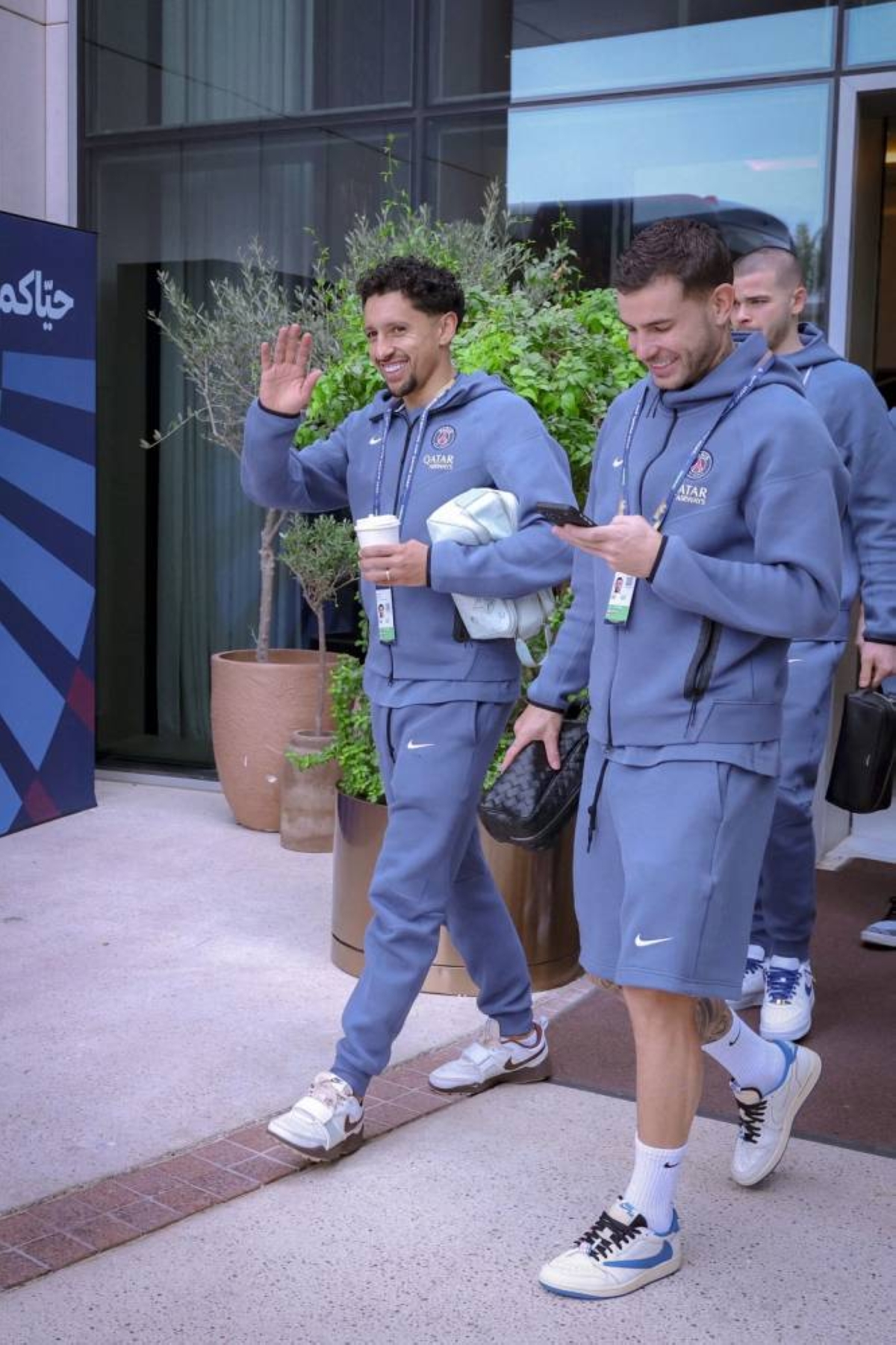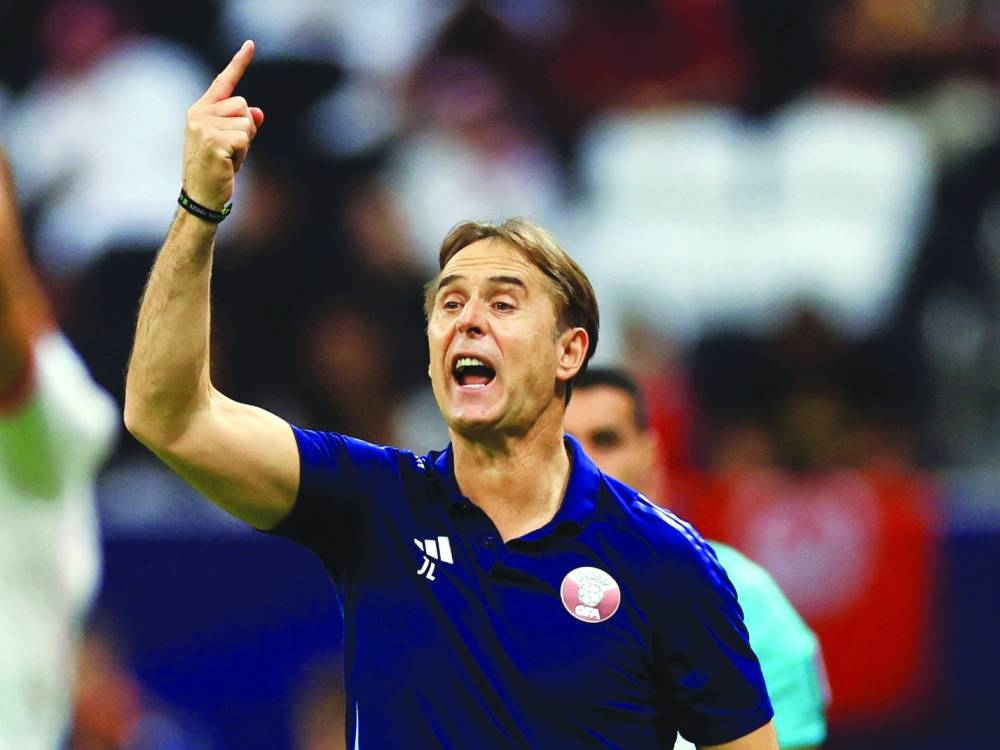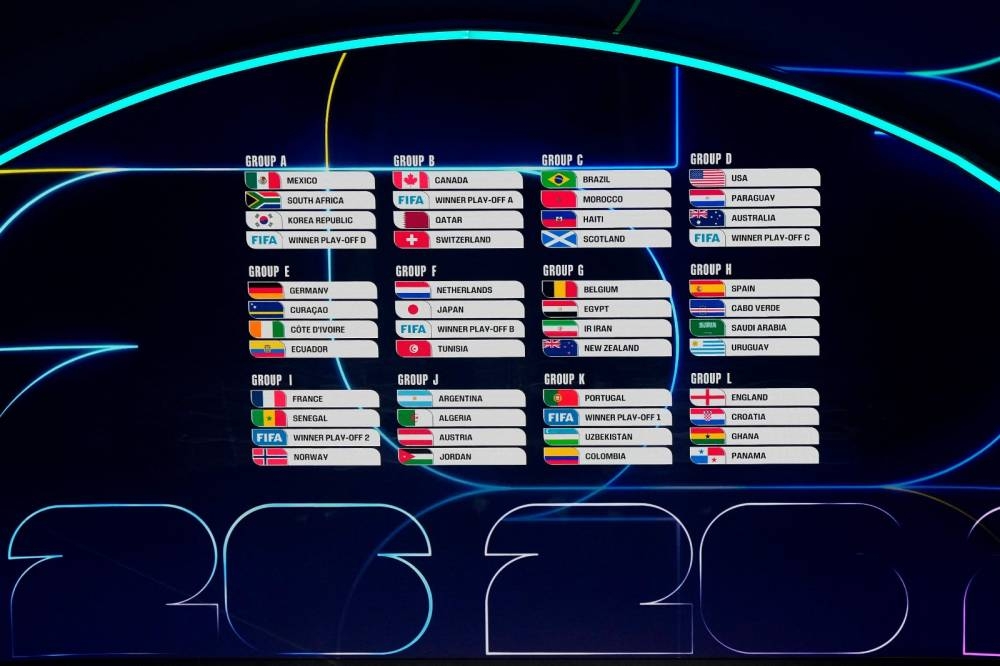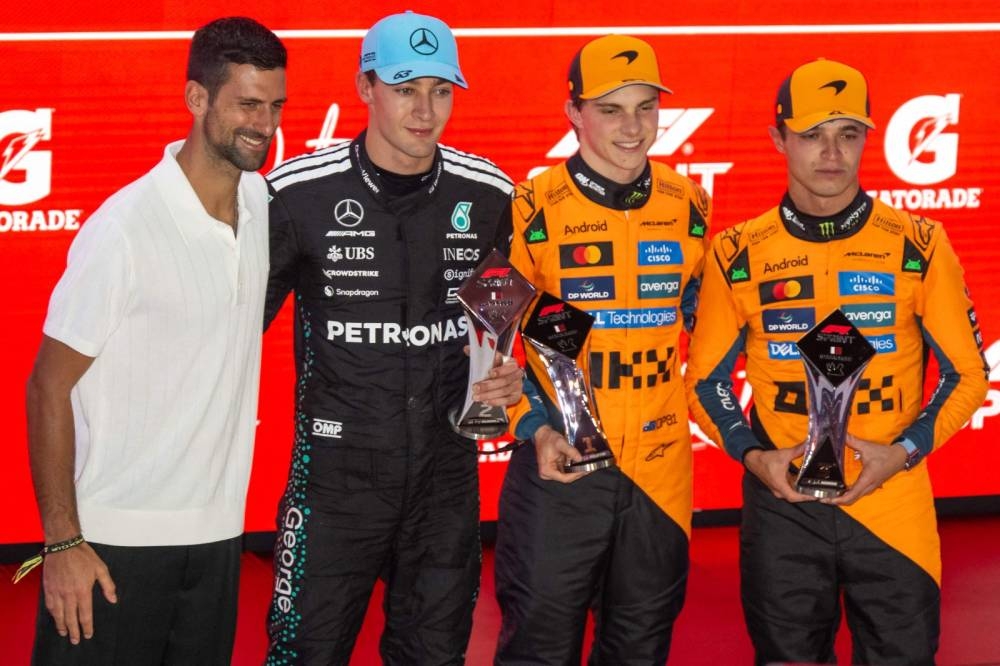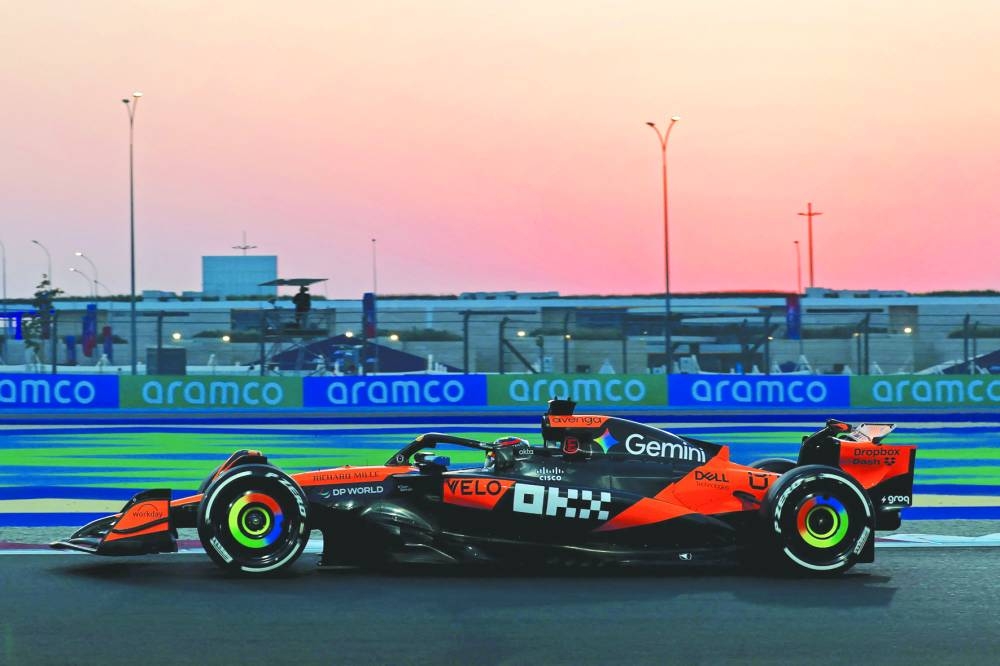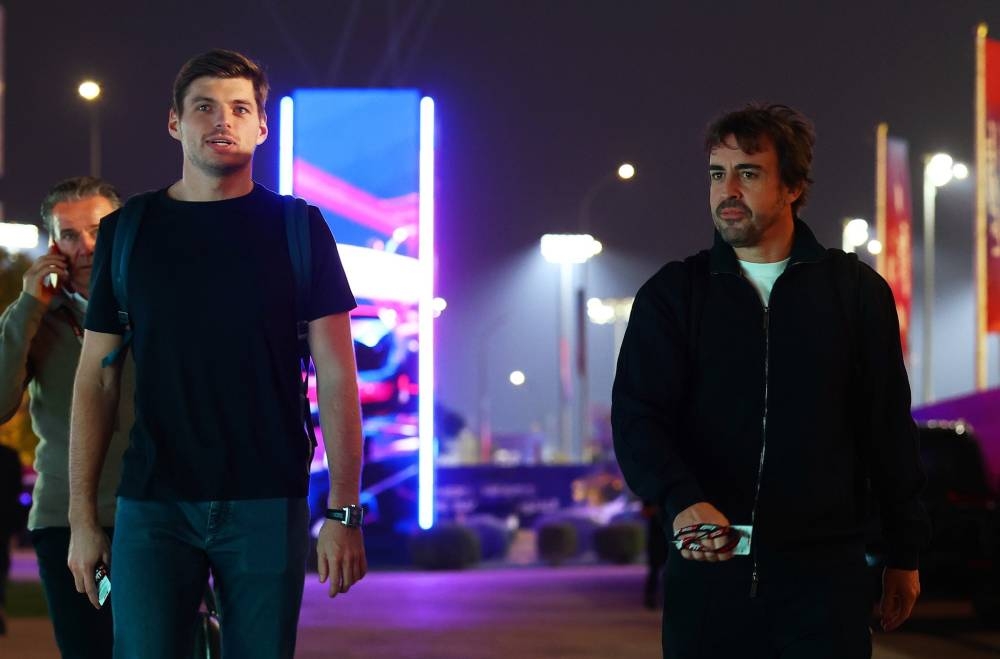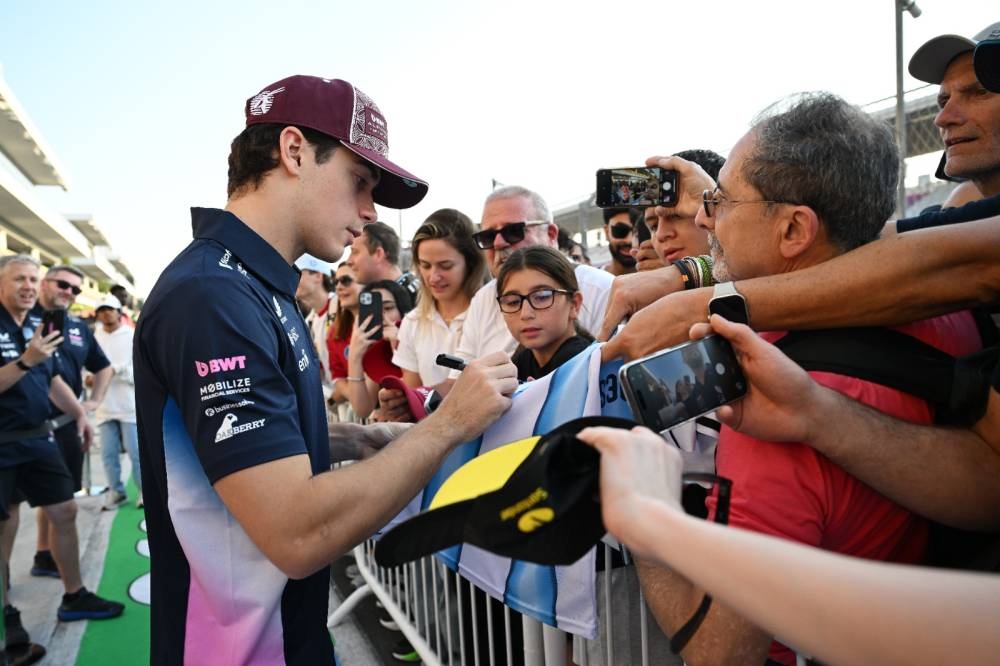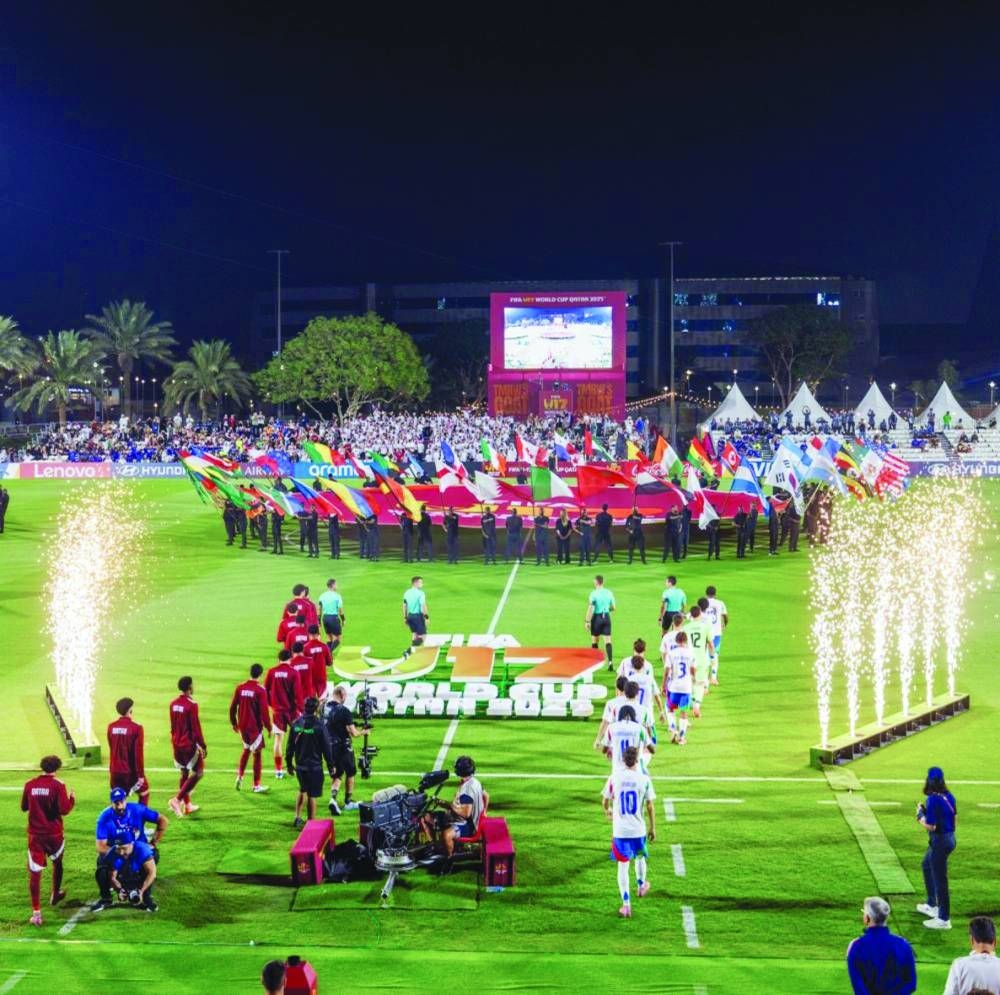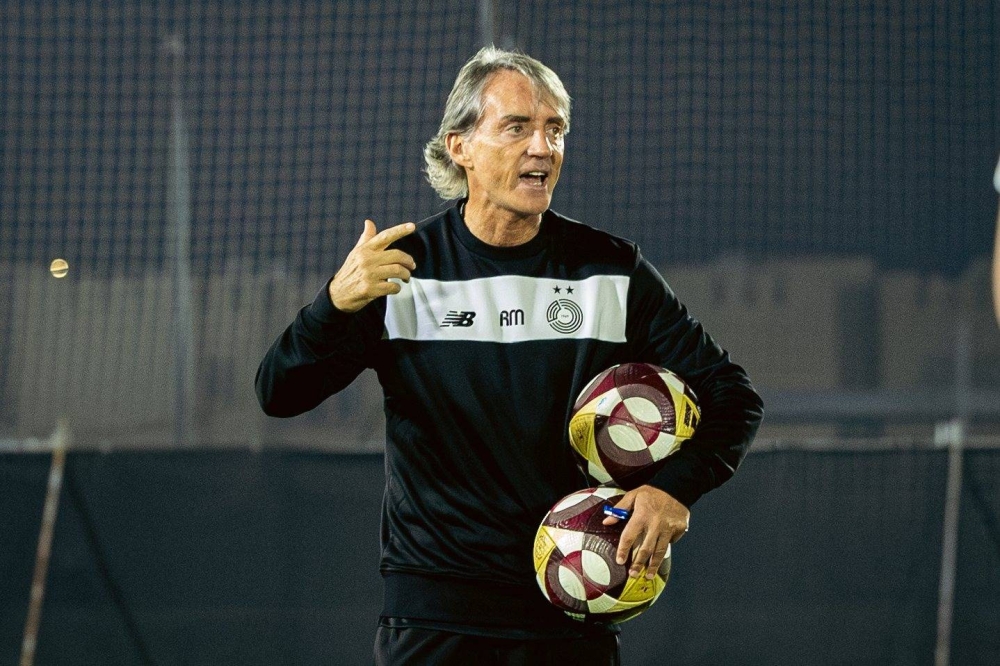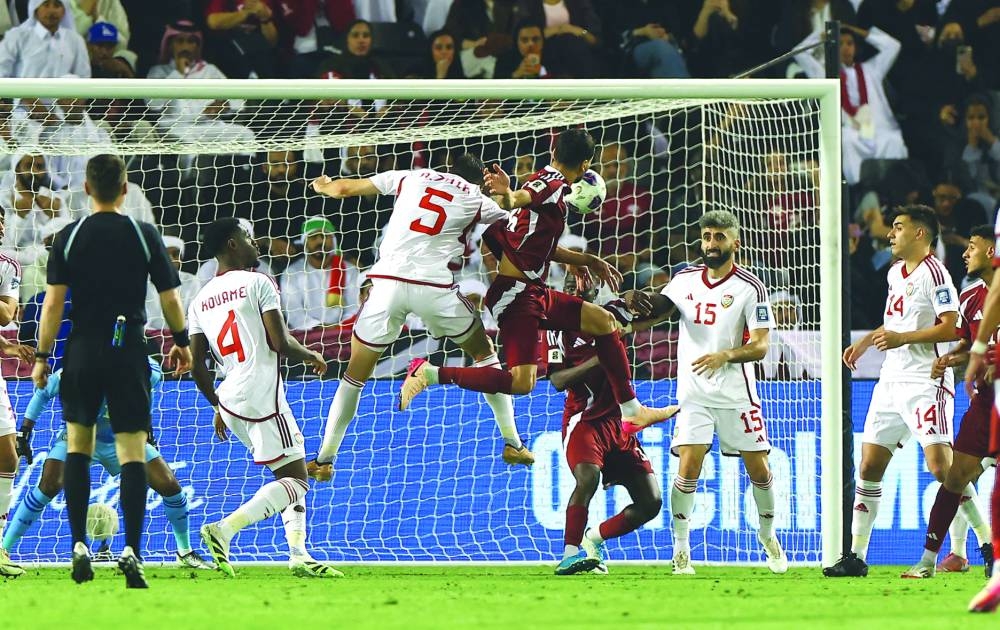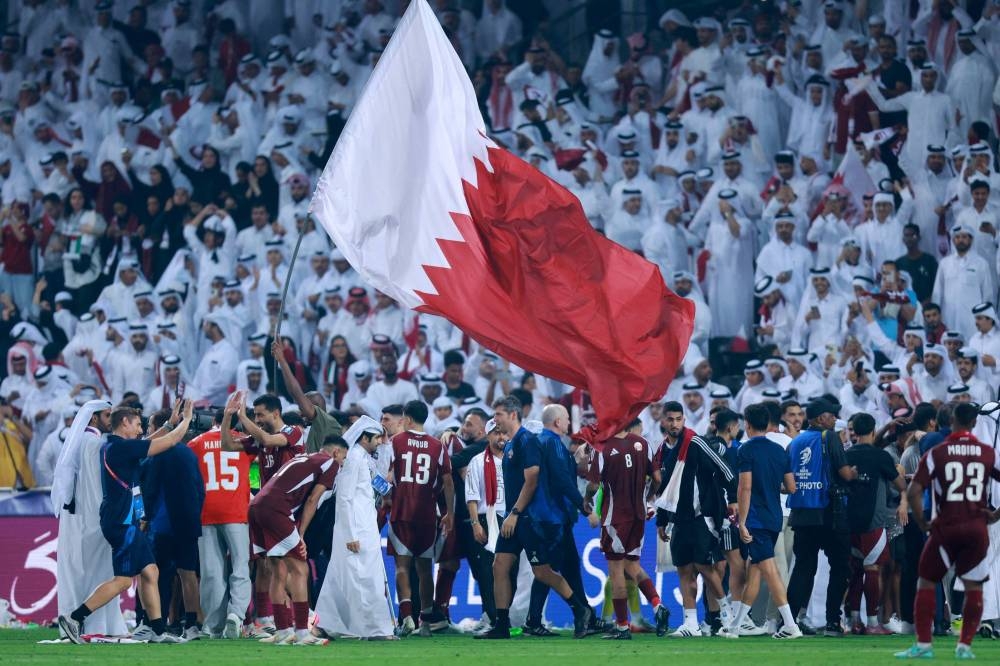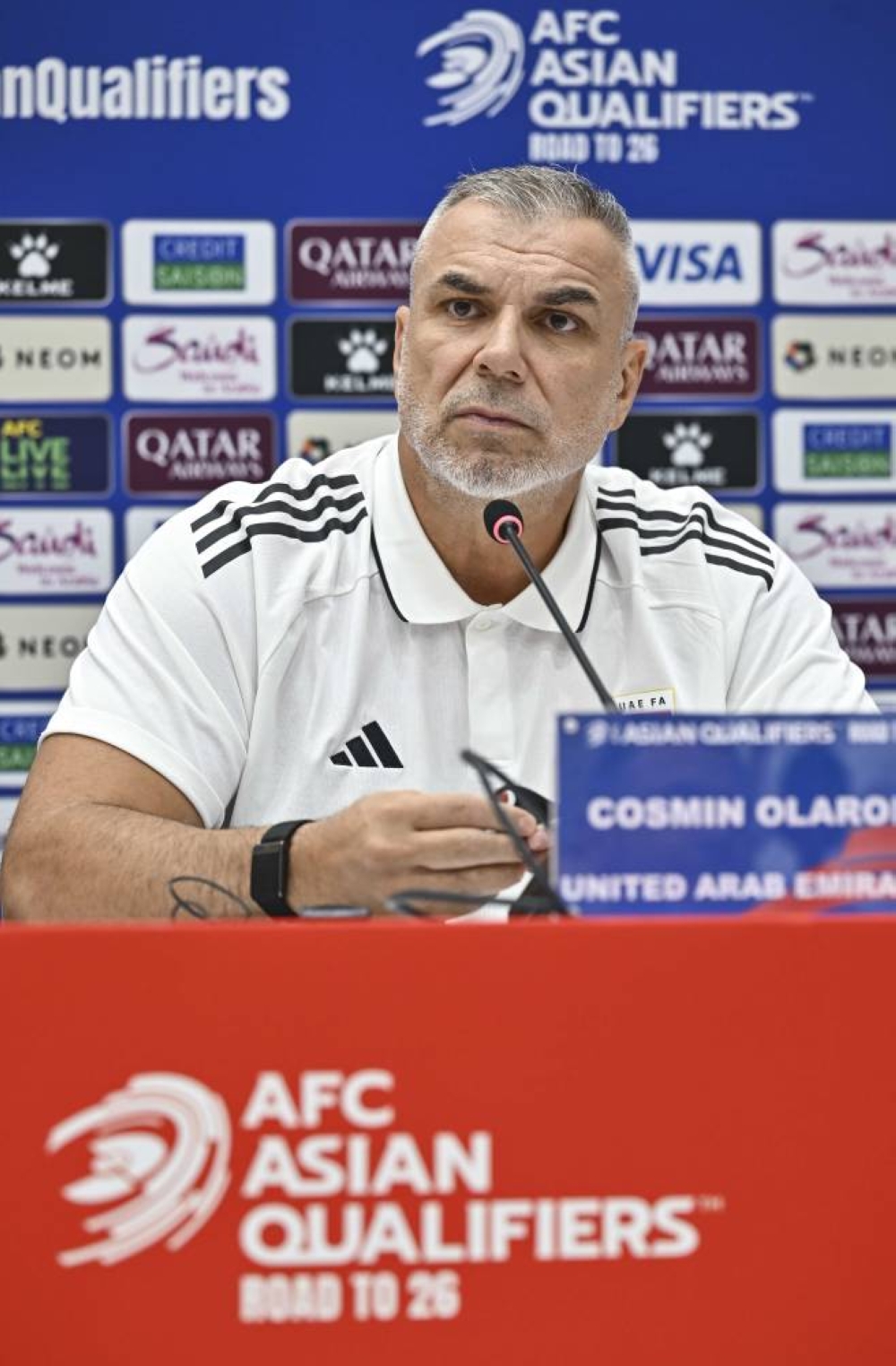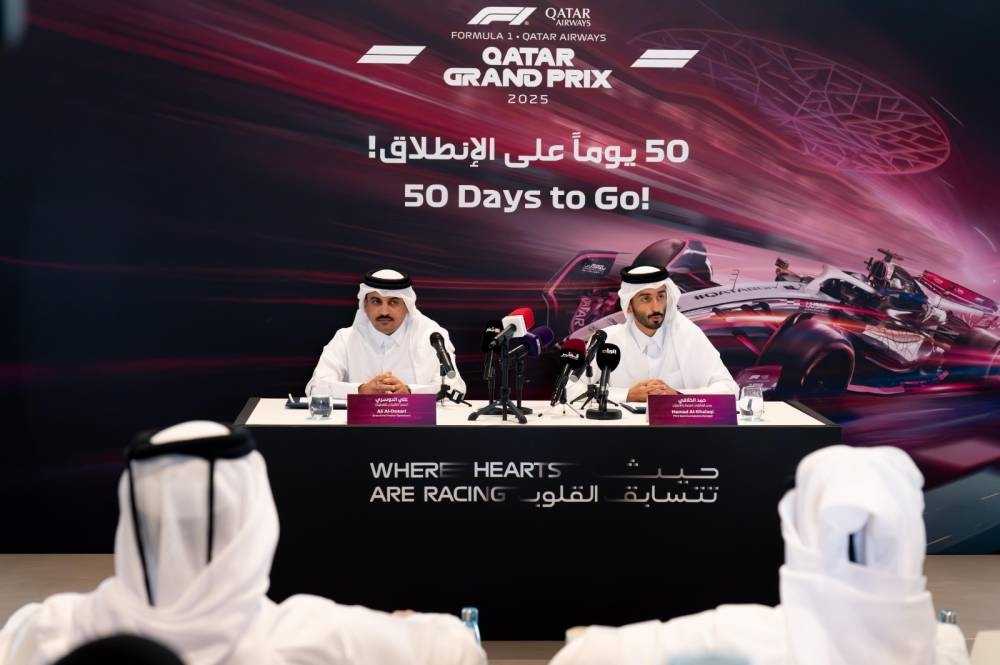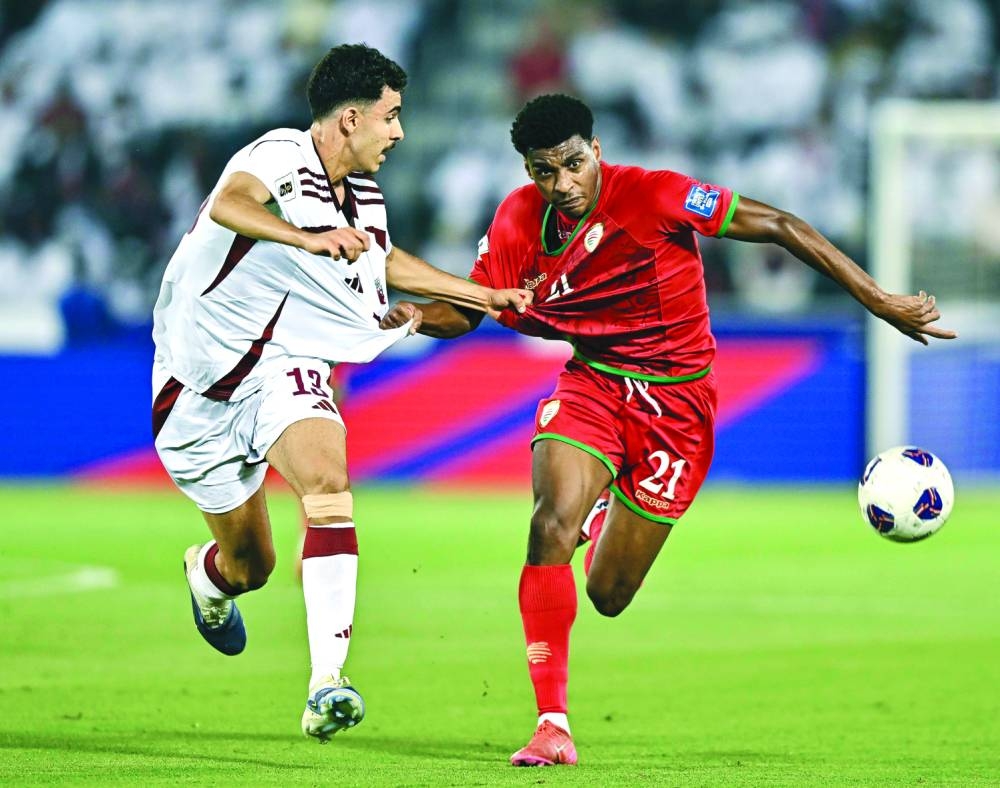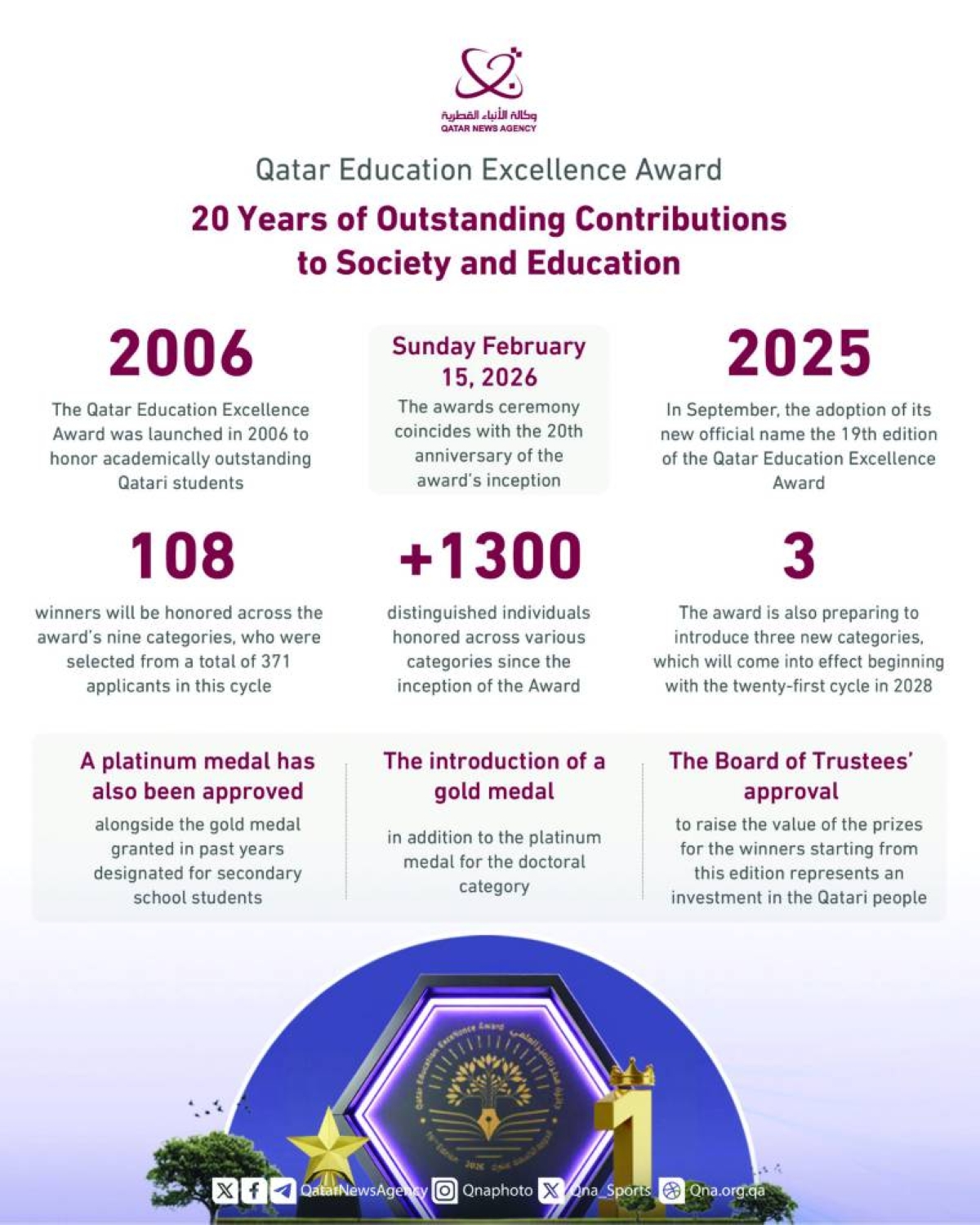Goalkeeper Matvei Safonov emerged as the unlikely hero as Paris Saint-Germain edged a resilient Flamengo to win the Intercontinental Cup, sealing their sixth trophy of the season after a dramatic penalty shootout at the Ahmad bin Ali Stadium on Wednesday. Safonov, preferred again, with regular goalkeeper Lucas Chevalier still regaining fitness from an ankle injury, saved an astonishing four penalties as PSG triumphed 2-1 in the shootout following a 1-1 draw after extra time. The 26-year-old Russian’s heroics ensured the Parisians ended a glittering year on the highest possible note. Already crowned Ligue 1 champions and winners of the Coupe de France, the Trophee des Champions, the UEFA Champions League, and the UEFA Super Cup, Luis Enrique’s side became only the third club to complete a sextuple, after Barcelona in 2009 and Bayern Munich in 2020. **media[394801]**Before last night, no French side had won the Intercontinental Cup, which was contested for over four decades until 2004, when it was rebranded as the Club World Cup. FIFA revived the competition last year following the revamp of the Club World Cup into a 32-team summer tournament. PSG had lost to Chelsea in the Club World Cup final in the United States in July, having won their maiden Champions League title in May. By no stretch of the imagination was it a smooth sailing for PSG on the night. South American champions Flamengo pushed the Parisians to the limit, matching them stride for stride before Safonov’s brilliance from the spot finally settled the contest. “We're proud of ourselves, we played a very, very good match, a very good final, against a good team that played with a lot of intensity,” said PSG midfielder Warren Zaire-Emery. “I hope we can continue like this throughout the season. This team has a lot of character; we're showing that we're a team, a collective. That's what the coach wanted when he arrived here. He has always emphasised that to us: the collective comes first. It shows our strength, the kind of team we are.” Much of the pre-match focus centred on whether newly-crowned FIFA Best Player award winner Ousmane Dembele would start after having been sidelined in the last two matches due to illness. Ultimately, he began on the bench, as did Chevalier, with Safonov retaining his place in goal. PSG asserted their authority early, dominating possession and pinning Flamengo deep in their own half. Lee Kang-in tested the Brazilian side inside three minutes, while Joao Neves soon followed with another probing effort. The Parisians thought they had struck in the ninth minute when Fabian Ruiz slotted the ball into the net after Flamengo goalkeeper Agustin Rossi mishandled a clearance, but VAR ruled that the ball had already crossed the line earlier in the move. Rossi was again involved in a decisive moment eight minutes before half-time. Desire Doue’s low cross appeared to have too much pace, but the Argentine keeper diverted it straight to Khvicha Kvaratskhelia, who reacted quickest to tuck home from close range and give PSG a deserved 1-0 lead. Flamengo, however, returned with renewed intent after the break. PSG became increasingly passive, and the equaliser arrived just after the hour when skipper Marquinhos clipped Giorgian de Arrascaeta inside the area. Following a VAR review, former Chelsea and Arsenal midfielder Jorginho sent Safonov the wrong way with a stuttering run-up to make it 1-1. Dembele was introduced with 12 minutes of regulation time remaining as PSG searched for a winner. The clearest chance fell to Marquinhos, but the defender sliced wide from inside the six-yard box, sending the final into extra time. Both sides had opportunities to settle it in the additional period. Flamengo substitute Luiz Araujo snatched at a chance, while Dembele scooped one wide from close range. With no decisive blow landed, penalties were required. Flamengo converted their opening kick through Nicolas de la Cruz, but that proved to be their only success. Safonov denied Saul Niguez, Pedro, Leo Pereira, and Araujo in succession, displaying remarkable composure and anticipation as Flamengo’s hopes evaporated. Even missed attempts by Dembele and Bradley Barcola did not cost PSG.When the final save was made, teammates swarmed Safonov in celebration.

Sahan Bidappa
Sahan Bidappa is a sports writer with Gulf Times. He joined Gulf Times after having worked for more than 10 years with leading newspapers in India. Sahan misses covering cricket in Qatar but has adeptly channelized his talents towards tennis, football and Olympic sports.
Most Read Stories

